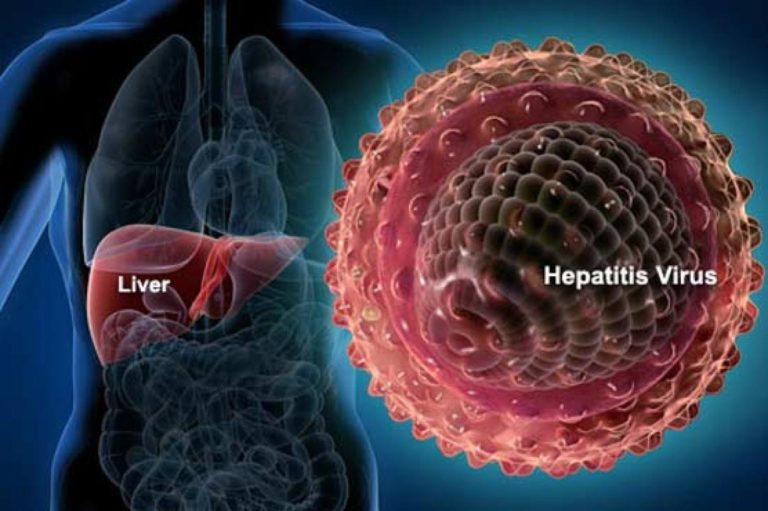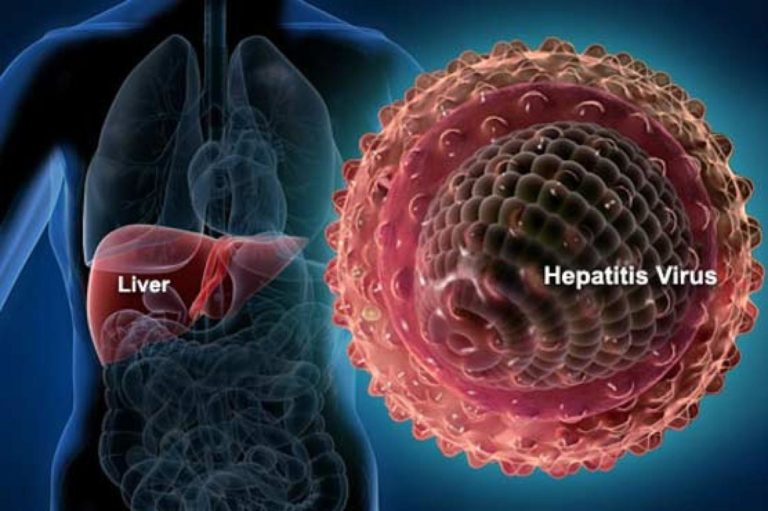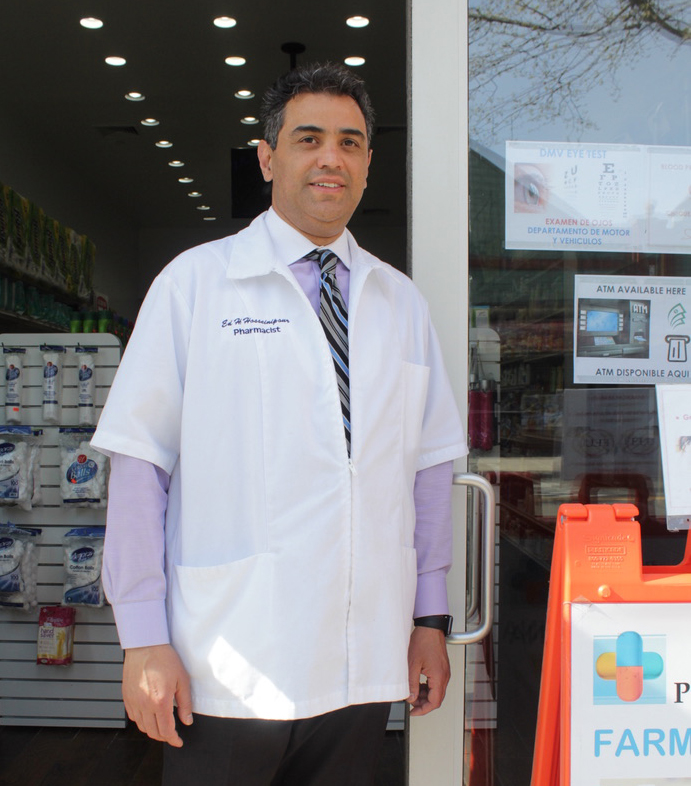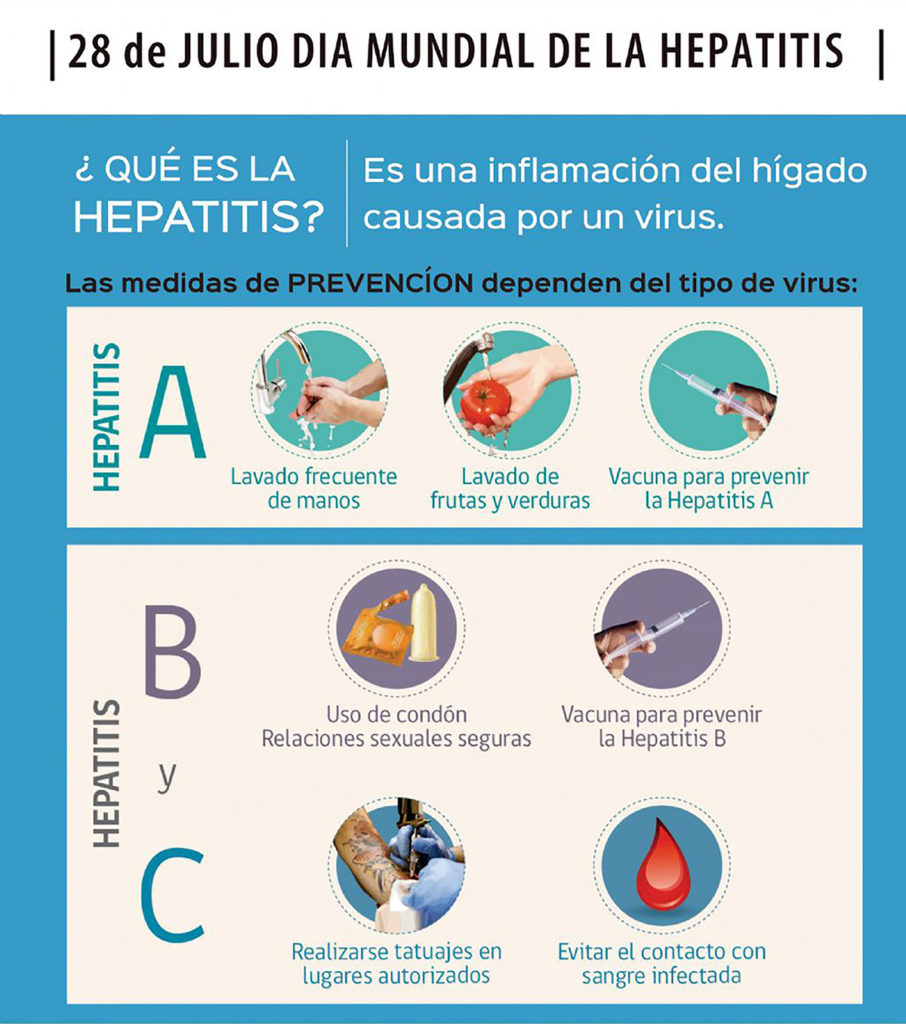
Baron Pharmacy is offering “FREE HEPATITIS RISK ASSESSMENT”. Feel free to contact our trained staff at (718) 406-9196 to make an appointment with our specialty pharmacist to have your assessment conducted and all your pharmacy questions answered during your personal, private free consultation.

New York by Ed Hosseinipour , Specialty Pharmacist Hepatitis means inflammation of the liver. This condition is most often caused by a virus. In the United States, the most common causes of viral hepatitis are hepatitis A virus (HAV), hepatitis B virus (HBV), and hepatitis C virus (HCV). HBV and HCV are common among people who are at risk for, or living with, HIV. You can get some forms of viral hepatitis the same way you get HIV.
People with HIV infection are often affected by viral hepatitis. According to CDC about one-third are coinfected with either HBV or HCV, which can cause long-term illness and death. More people living with HIV have HCV than HBV.
Viral hepatitis progresses faster and causes more liver-related health problems among people with HIV than among those who do not have HIV

. Although drug therapy has extended the life expectancy of people with HIV, liver disease—much of which is related to HCV and HBV—has become the leading cause of non-AIDS-related deaths in this population.
Transmission. People can be infected with the three most common types of hepatitis in these ways:
- HAV (Type A): Ingestion of contaminated fecal matter, even in tiny amounts, from close person-to-person contact with an infected person, sexual contact with an infected person, or contaminated food, drink, or objects, including injection equipment.
- HBV (Type B): Contact with infectious blood, semen, or other body fluids; sexual contact with an infected person; sharing of contaminated needles, syringes, or other injection drug equipment; and needlesticks or other sharp-instrument injuries. In addition, an infected woman can pass the virus to her newborn.
- HCV (Type C): Contact with blood of an infected person, primarily through sharing contaminated needles, syringes, or other injection drug equipment, and, less commonly, sexual contact with an infected person, birth to an infected mother, and needlesticks or other sharp-instrument injuries from an infected person.

- Chronic HCV is often “silent,” and many people can have the infection for decades without having symptoms or feeling sick. Compared with other age groups, people aged 46 to 64 are 4 to 5 times as likely to be infected with HCV.
- Any sexual activity with an infected person increases the risk of contracting hepatitis. Unprotected anal sex increases the risk for both HBV and HIV among MSM, and direct anal-oral contact increases the risk for HAV.
PREVENTION AND TREATMENT

Baron pharmacy can help and provide guidance to patients with proper medications.
Prevention :
- HAV (Type A): The best way to prevent HAV infection is to get vaccinated. The Centers for Disease Control and Prevention (CDC) recommends vaccination for HAV for people who are at risk for HIV infection, including MSM; users of recreational drugs, whether injected or not; and sex partners of infected people.
- HBV (Type B): The best way to prevent HBV infection is to get vaccinated. CDC recommends vaccination against HBV for people who have or are at risk for HIV infection, including MSM; people who inject drugs; sex partners of infected people; people with multiple sex partners; anyone with a sexually transmitted infection; and health care and public safety workers exposed to blood on the job.
- HCV (Type C): There is no vaccine for HCV. CDC estimates that people born during 1945 through 1965 account for nearly 75% of all HCV infections in the United States. The best way to prevent HCV infection is to never inject drugs or to stop injecting drugs if you currently do so by getting into and staying in a drug treatment program. If you continue injecting drugs, always use new, sterile syringes and never reuse or share syringes, needles, water, or other drug preparation equipment.

Treatment:
Treatment for viral hepatitis varies. There is no treatment for HAV infection, but almost all people who get HAV recover completely and do not have any lasting liver damage, although they may feel sick for months.
Both chronic HBV and HCV can be treated with antiviral medications.
For HBV, treatment can delay or limit the effects of liver damage. Many people infected with HCV experience clearance of the virus because of treatment. Newly approved treatments are shorter, have fewer side effects, and may be more effective. Baron pharmacy can help and provide guidance to patients with proper medications.

Testing and Assessment:
Health care providers use blood tests to detect viral hepatitis in their patients, CDC recommends that all people with HIV infection be tested for HBV and HCV, CDC also recommends that everyone born during 1945-1965 should be tested at least once for HCV.[ENG]
